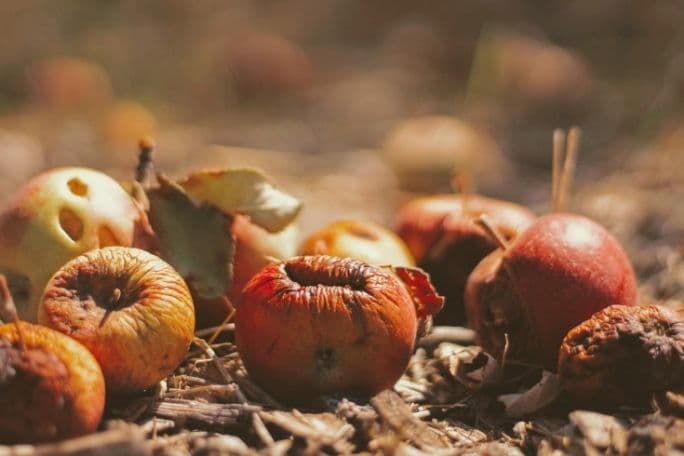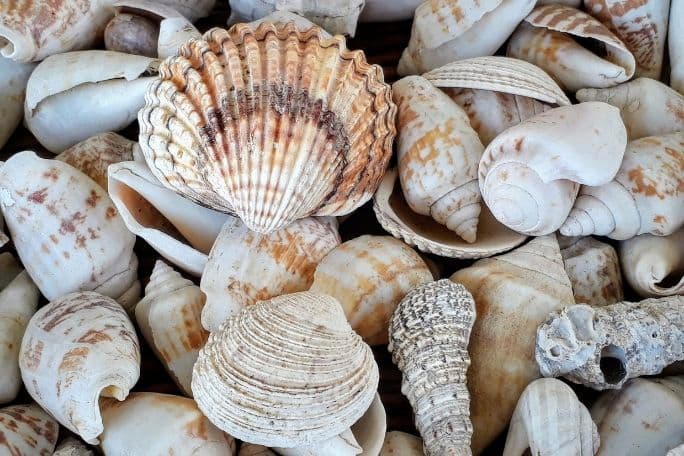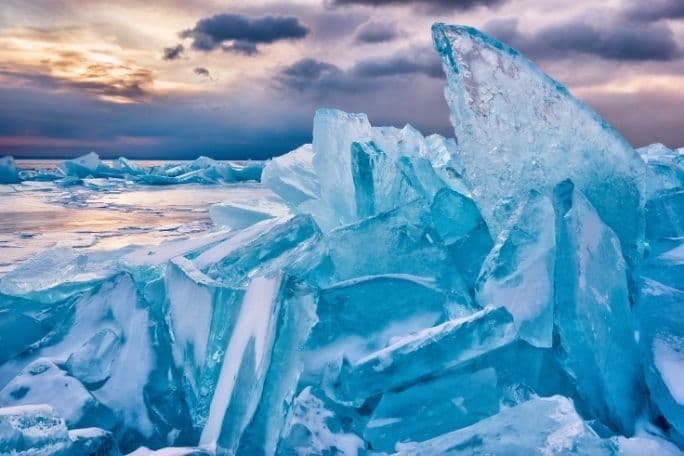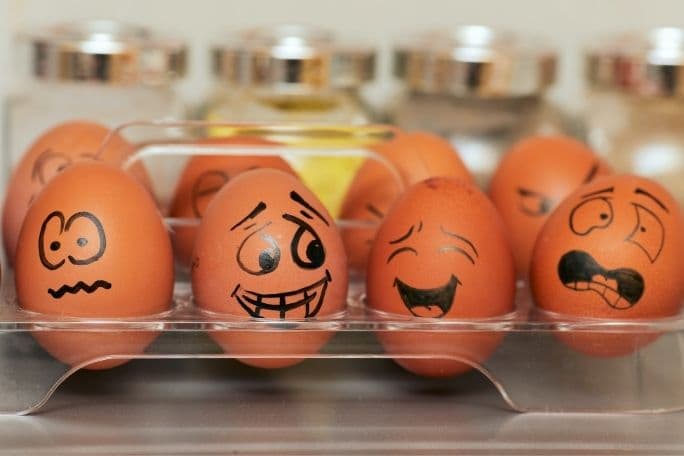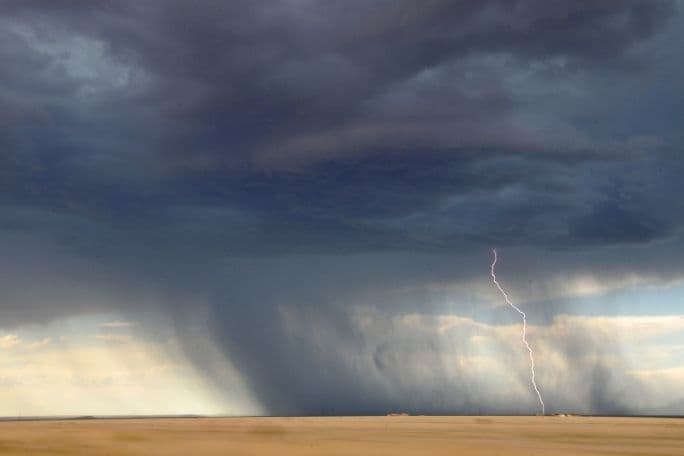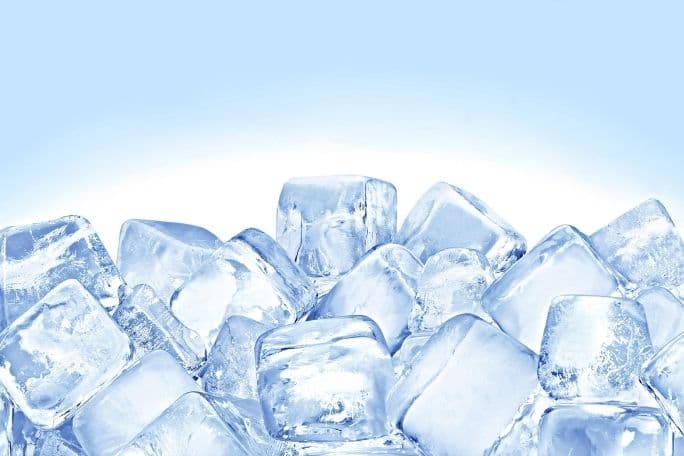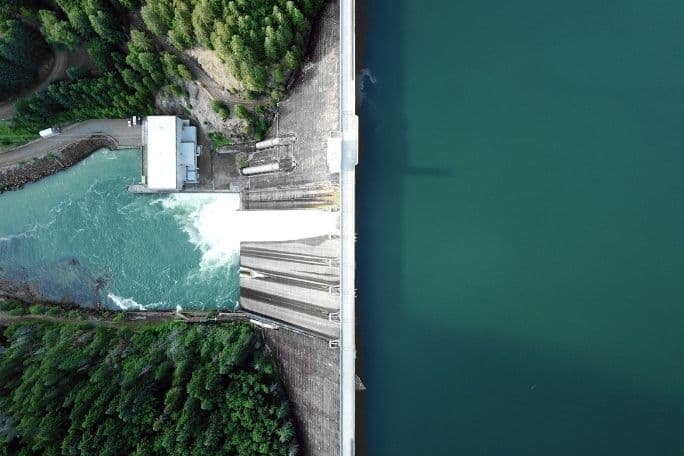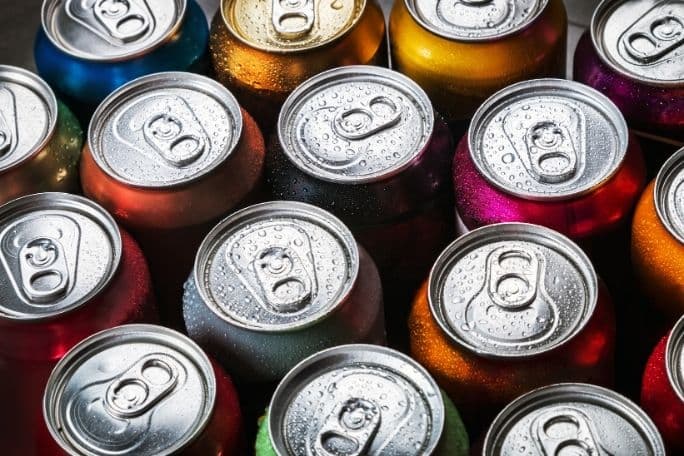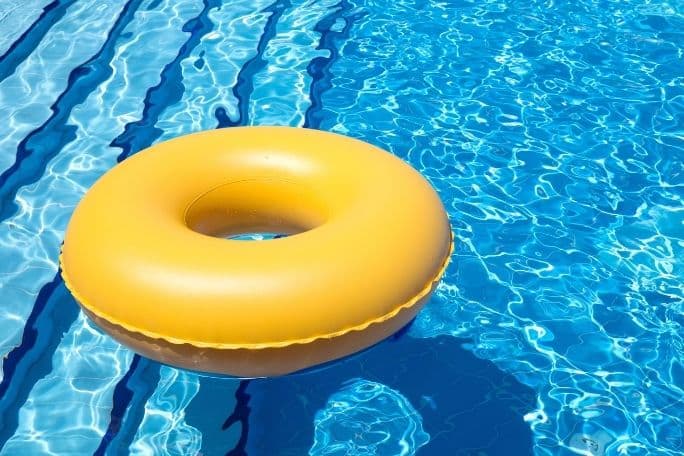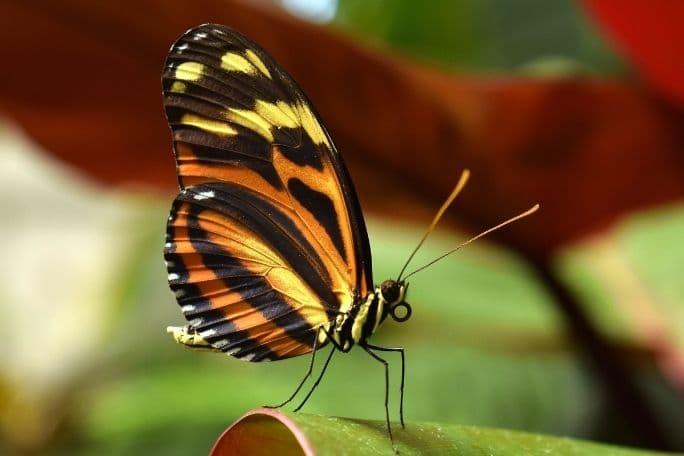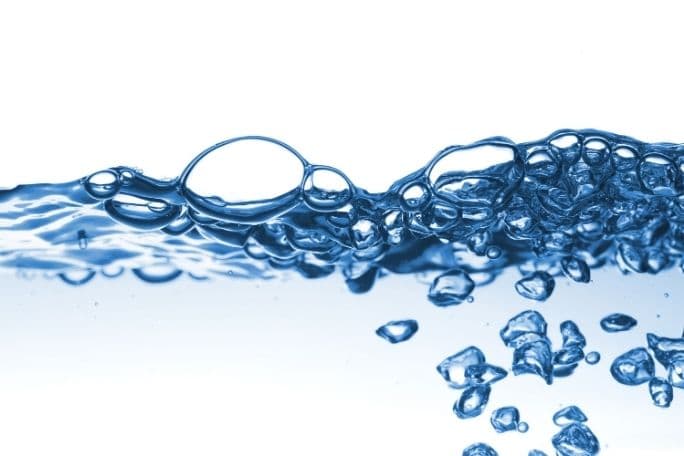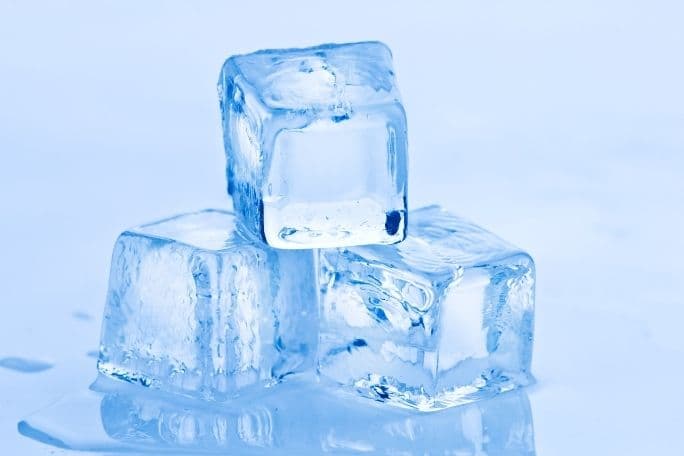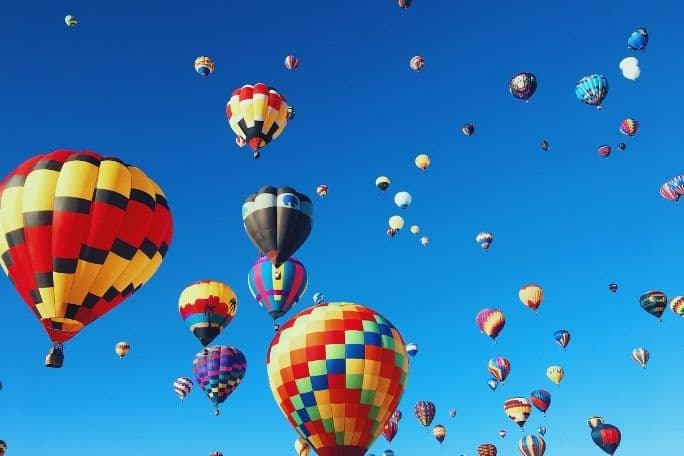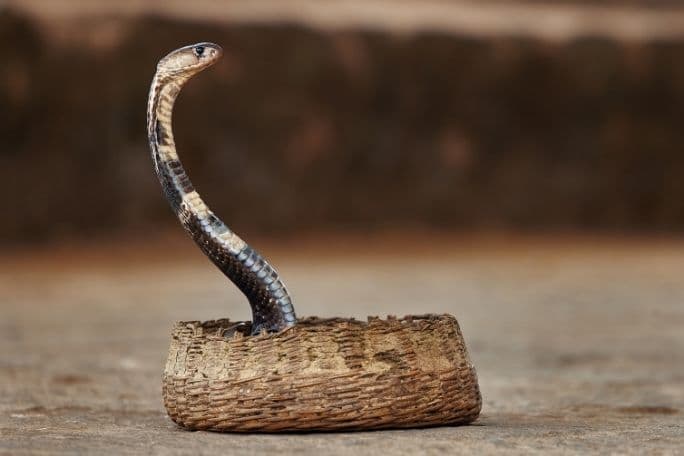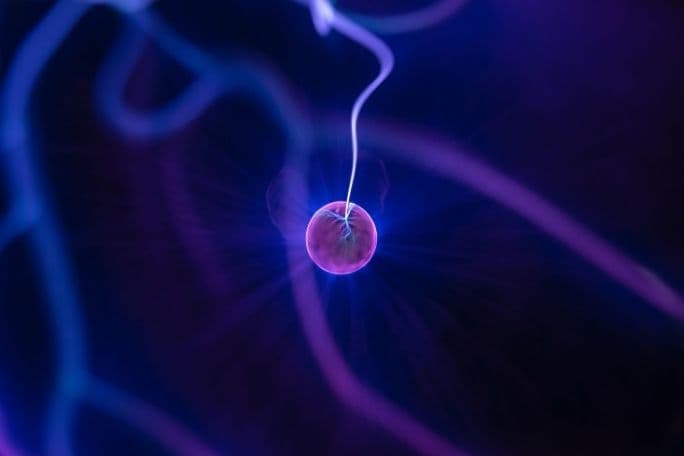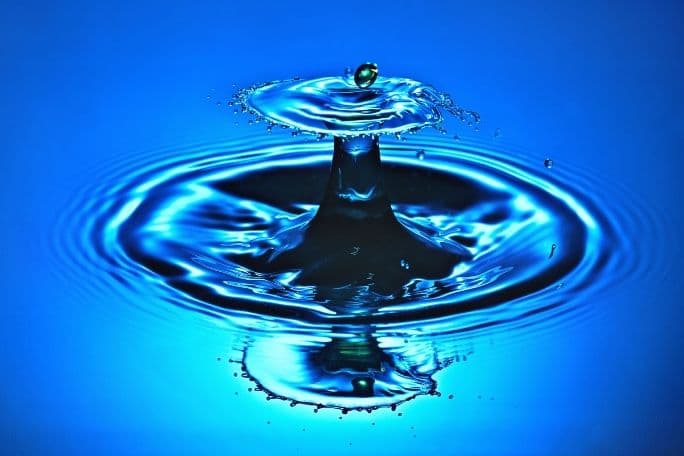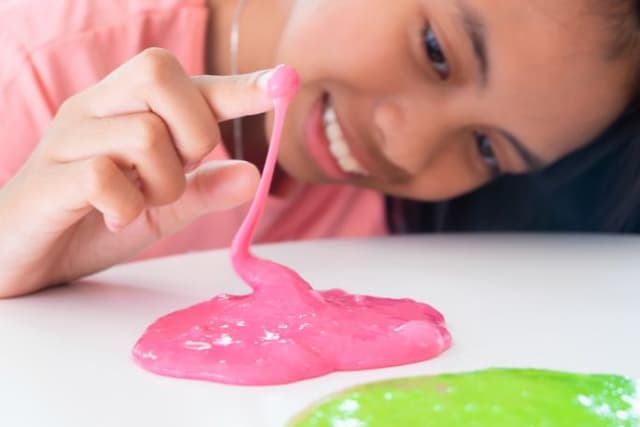
Snappy Science Experiments
In this dynamic science unit, Year 2 to Year 6 students will engage in a series of hands-on experiments to explore key scientific concepts. They will learn about food preservation, the impact of physical conditions on living things, and the behavior of particles in different states of matter. The unit covers the water cycle, demonstrates rain formation, and investigates how insulators affect ice melting. Students will also explore energy conversion with a water turbine experiment, understand forces through activities like moving cans without touching them and charming a paper snake, and study the properties of light and color. Additionally, they will delve into heat transfer, particularly convection, and its effects on matter. Experiments like 'bending' water and testing paper towel absorbency further enrich their understanding of scientific principles in an interactive and engaging way.
Find Out
Explicit instruction on the topic, increasing in complexity and breadth of knowledge.
